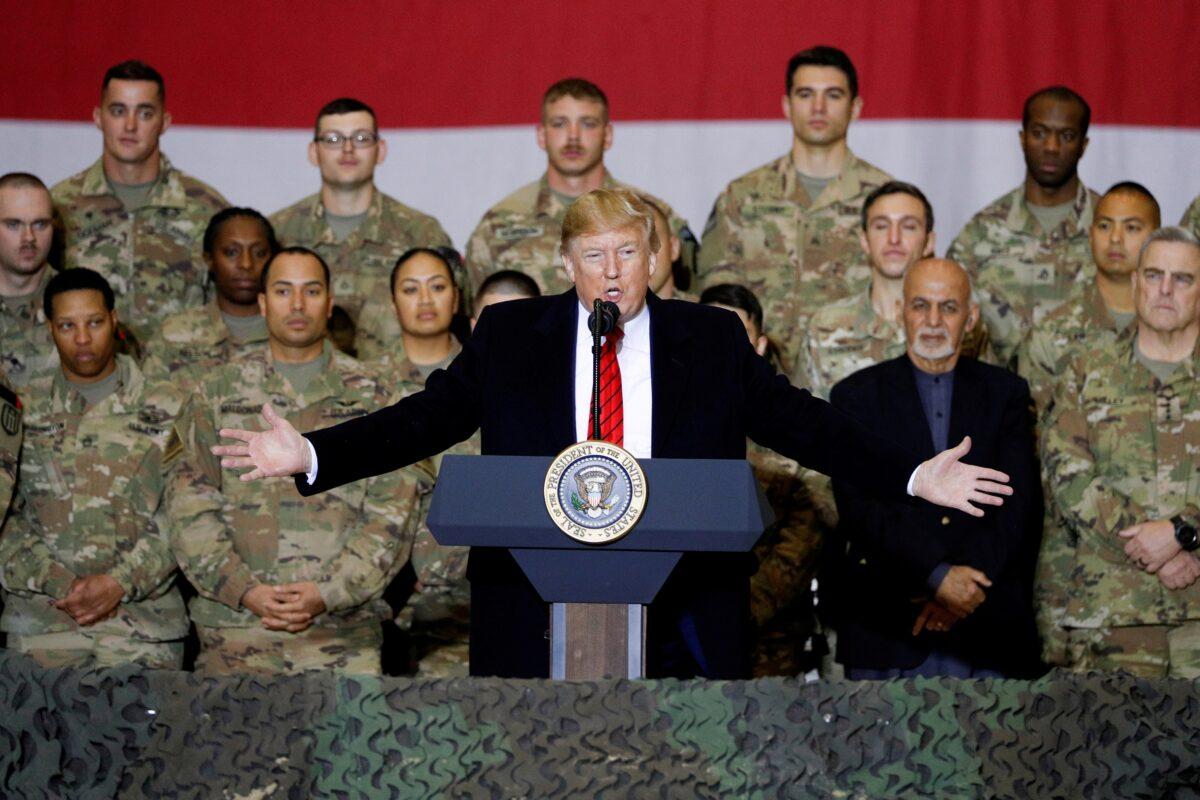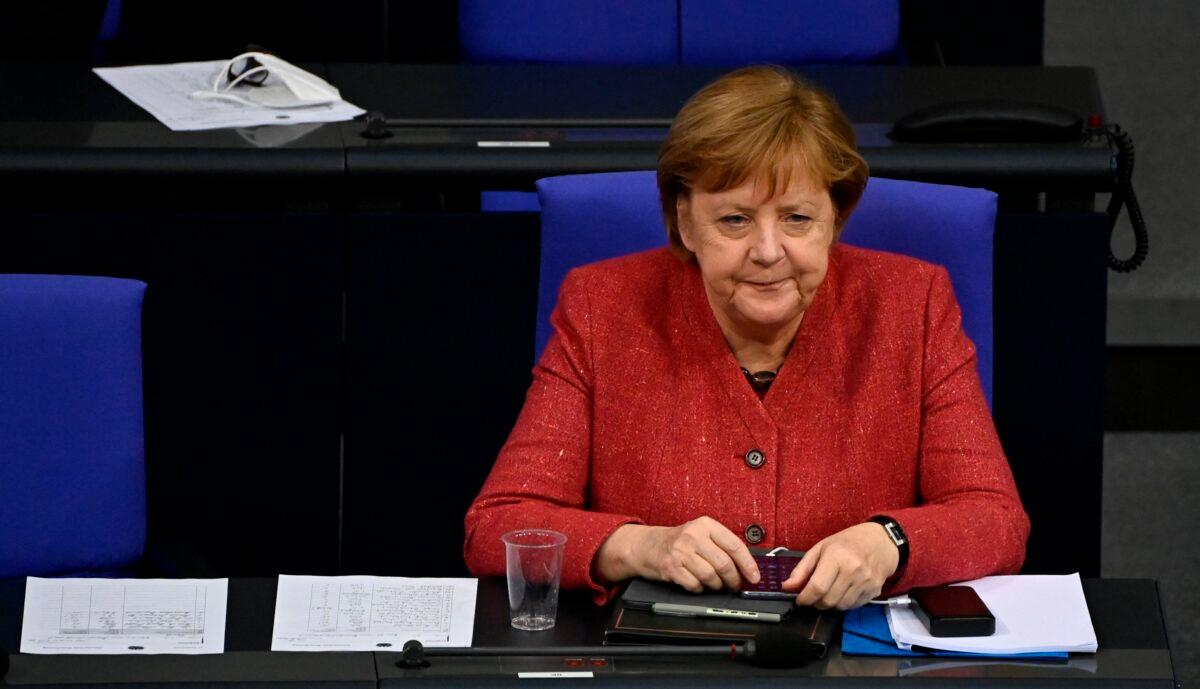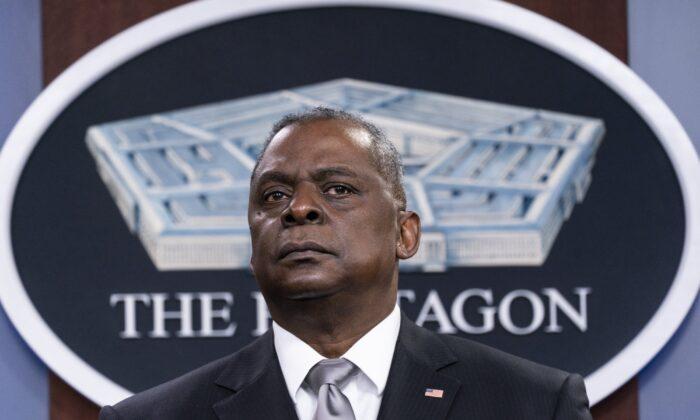Secretary of Defense Lloyd Austin said in order for the United States to withdraw all troops from war-torn Afghanistan before the May deadline will depend on the Taliban’s reduction of violence.
“Clearly the violence is too high right now and more progress needs to be made in the Afghan-led negotiations,” he continued. “So, I urge all parties to choose the path towards peace. The violence must decrease now.”

Christopher Miller, in his final days as the acting secretary of defense, announced that there are about 2,500 troops remaining in Afghanistan, adding that it brings the United States “closer than ever to ending nearly two decades of war.”
The administration of President Joe Biden is going to conduct a review of the Trump administration’s deal with the Taliban that is expected to determine whether it will meet the deadline to withdraw the remaining troops from America’s longest war.
In remarks earlier Friday to a virtual meeting of the Munich Security Conference, Biden gave no indication of his plan for troop levels in Afghanistan. He pledged to support the peace process and to ensure that Afghanistan does not revert to being a launching pad for international terrorist attacks.
During Biden’s time as vice president, the Obama administration pushed U.S. troop totals in Afghanistan to 100,000 in a failed bid to compel the Taliban to come to the negotiating table.
Austin, a retired four-star Army general who oversaw U.S. forces in Afghanistan and across the Mideast for three years during the Obama administration, said officials won’t be undertaking “a hasty or disorderly withdrawal” from the Central Asia country that might put their forces or the alliances’ representation at risk.
“At this time, no decisions about our future force posture have been made,” the defense secretary said. “In the meantime, current missions will continue and, of course, commanders have the right and the responsibility to defend themselves and their Afghan partners against attack.”
German Chancellor Angela Merkel said Friday that her government is willing to keep troops in Afghanistan longer if needed to ensure that the country does not descend into chaos.

“Withdrawal must not mean that the wrong forces get the upper hand again,” she said.
NATO Secretary-General Jens Stoltenberg said Thursday the allies are holding out hope for a “re-energized” peace process that could lead to a cease-fire as a step toward a final political settlement. Short of that, the choices for the United States and NATO are difficult.
“We are faced with very hard and difficult dilemmas,” Stoltenberg told reporters after Austin and his fellow NATO defense ministers consulted by video teleconference.
“Because, if we stay beyond May 1, we risk more violence, we risk more attacks against our own troops, and we risk, of course, also to be part of a continued presence in Afghanistan that will be difficult. But, if we leave, then we also risk that the gains we have made are lost and that Afghanistan again could become a safe haven for international terrorists.”
In one of the latest deadly attacks in the capital of Kabul, two female Supreme Court judges were gunned down on Jan. 17 on their way to work, according to a statement from the country’s Presidential Palace.
“The Taliban should understand that such actions for which it bears responsibility outrage the world and must cease if peace is to come to Afghanistan,” Wilson added.





